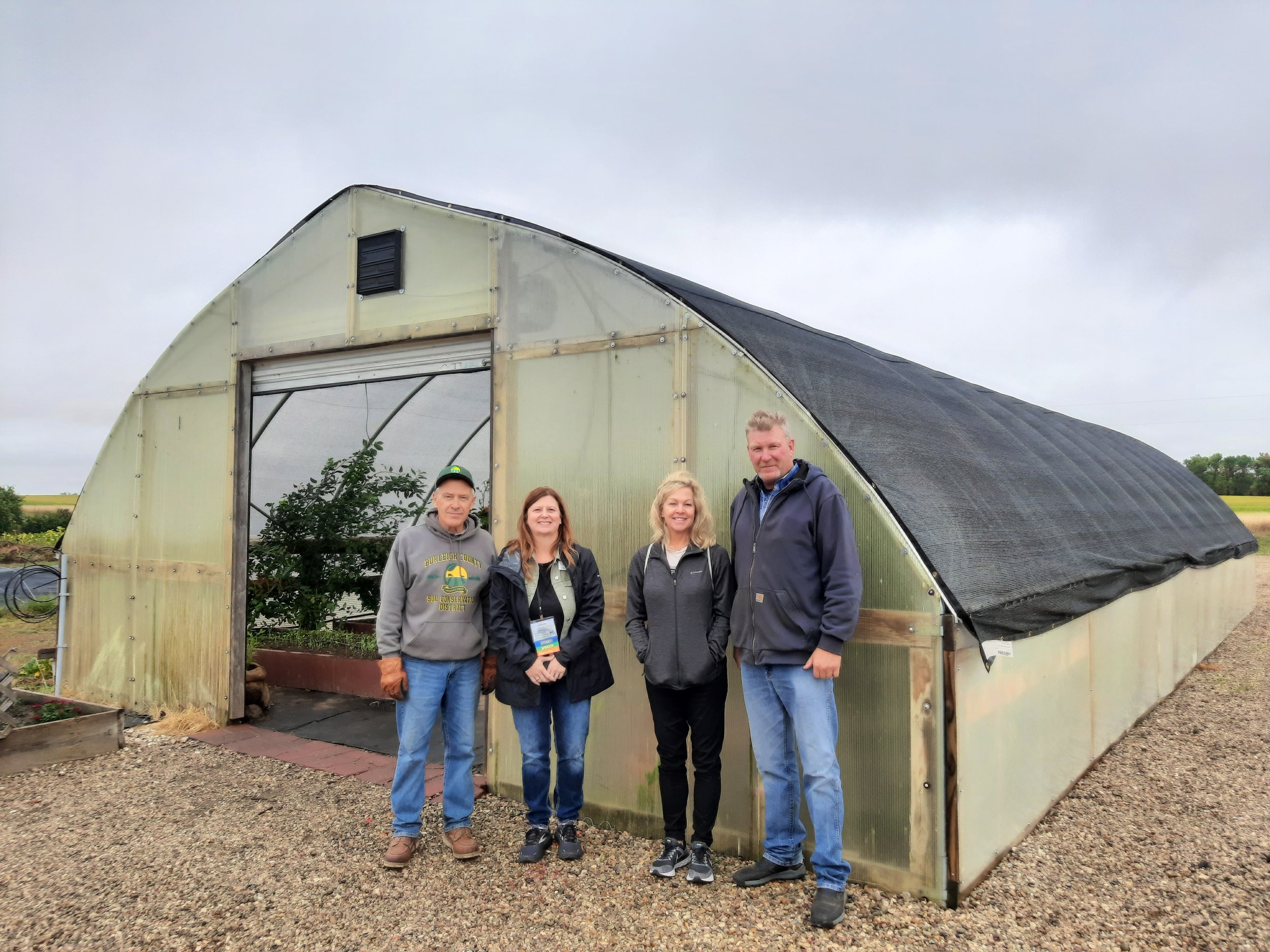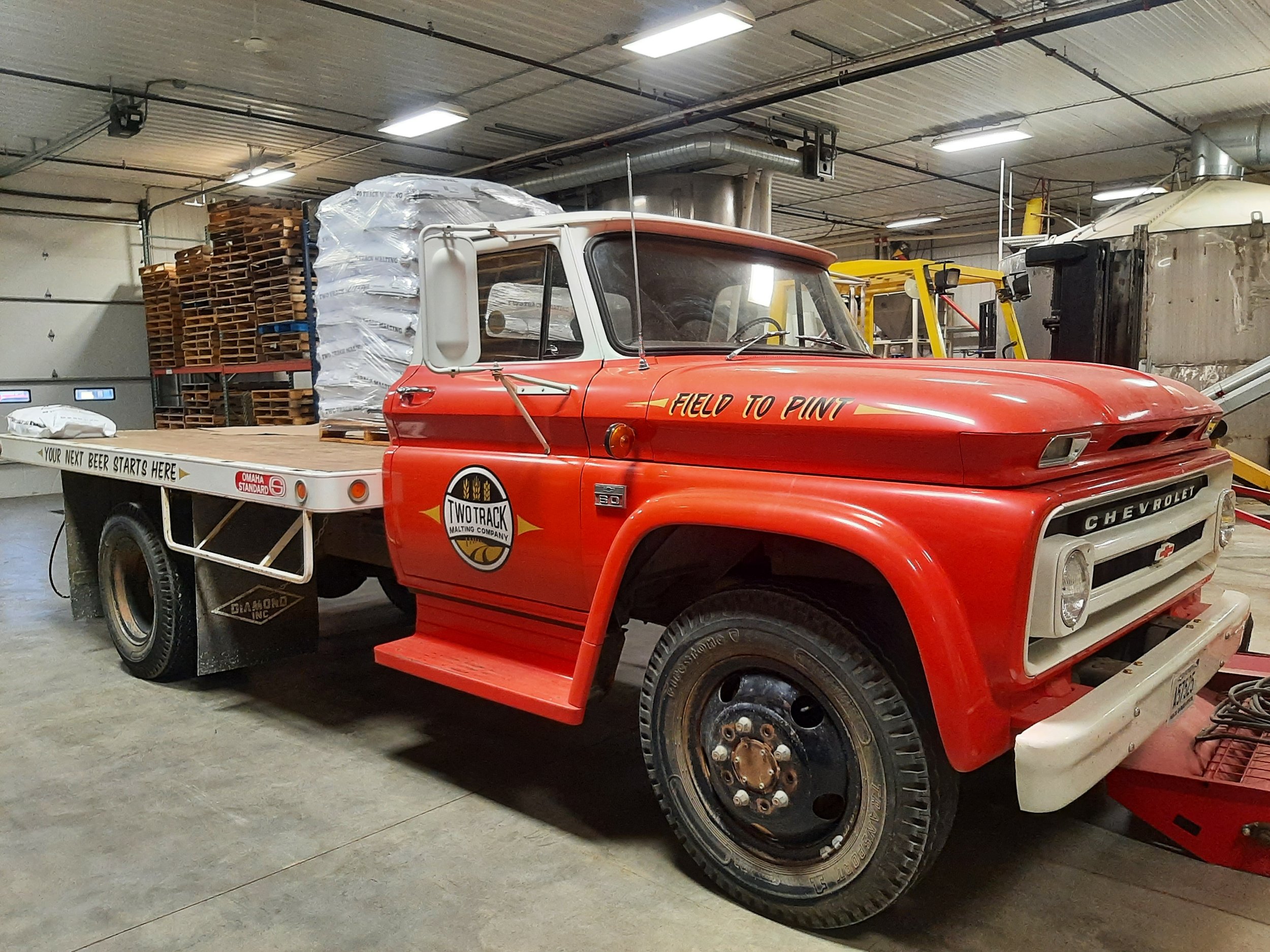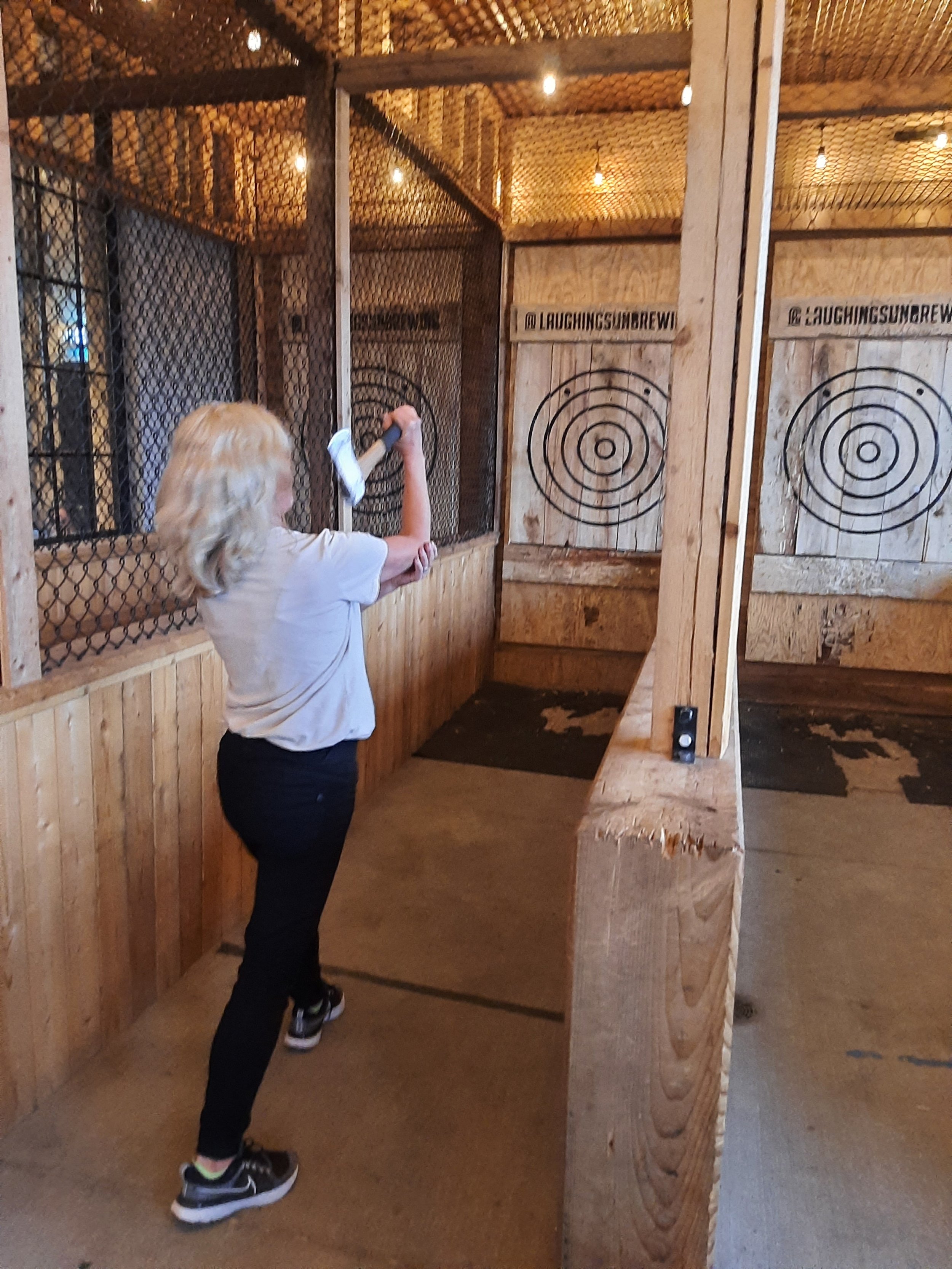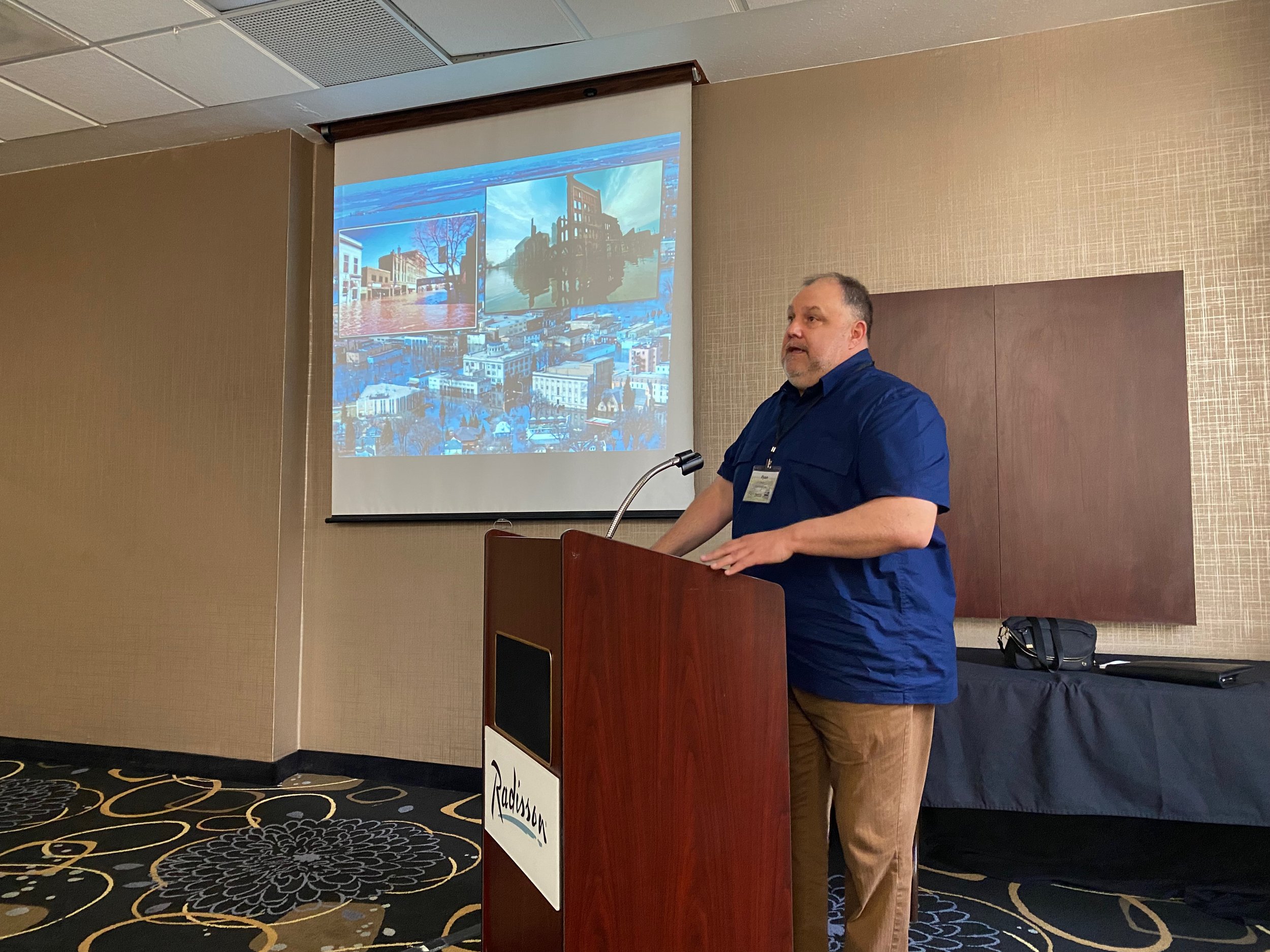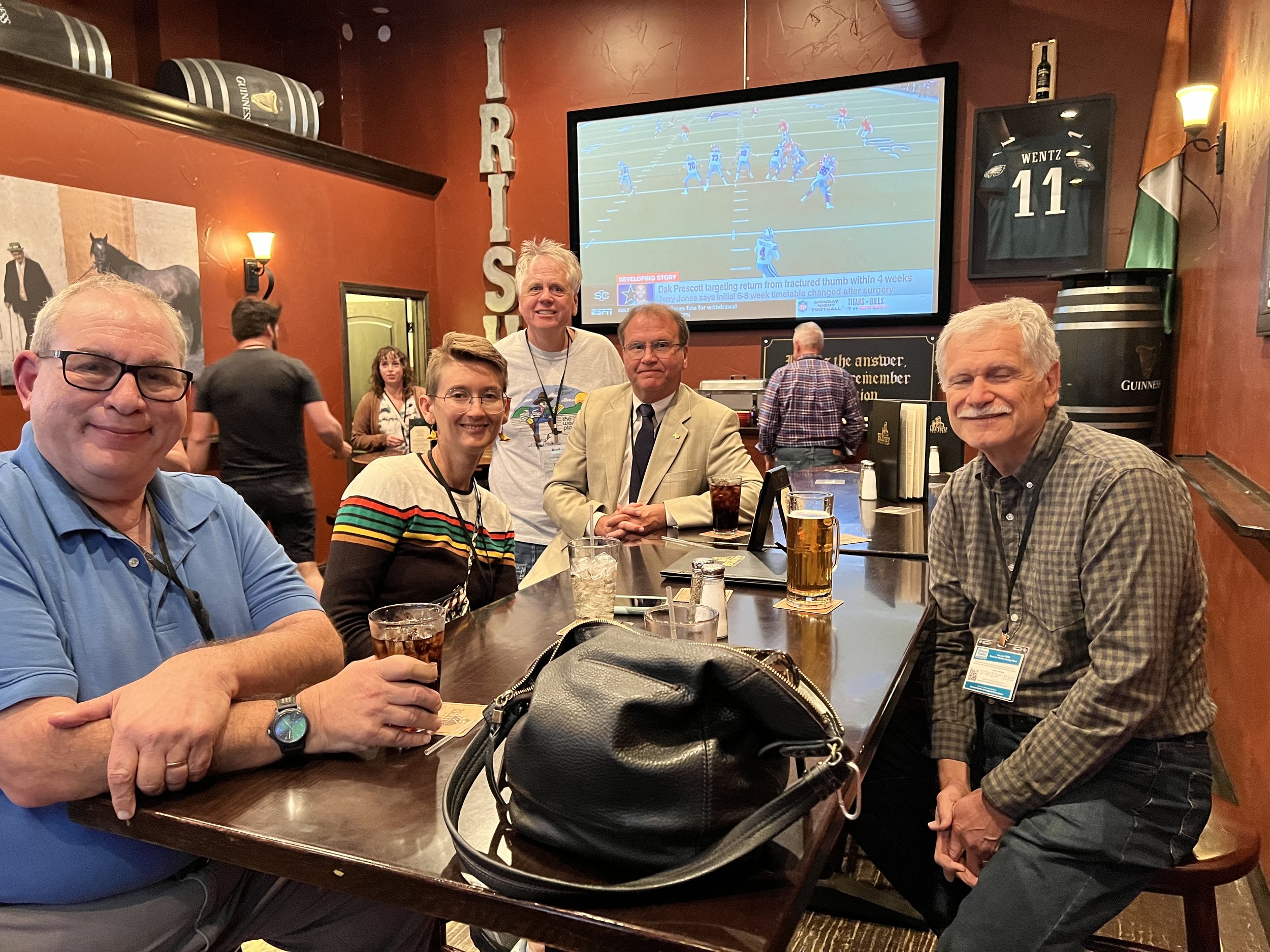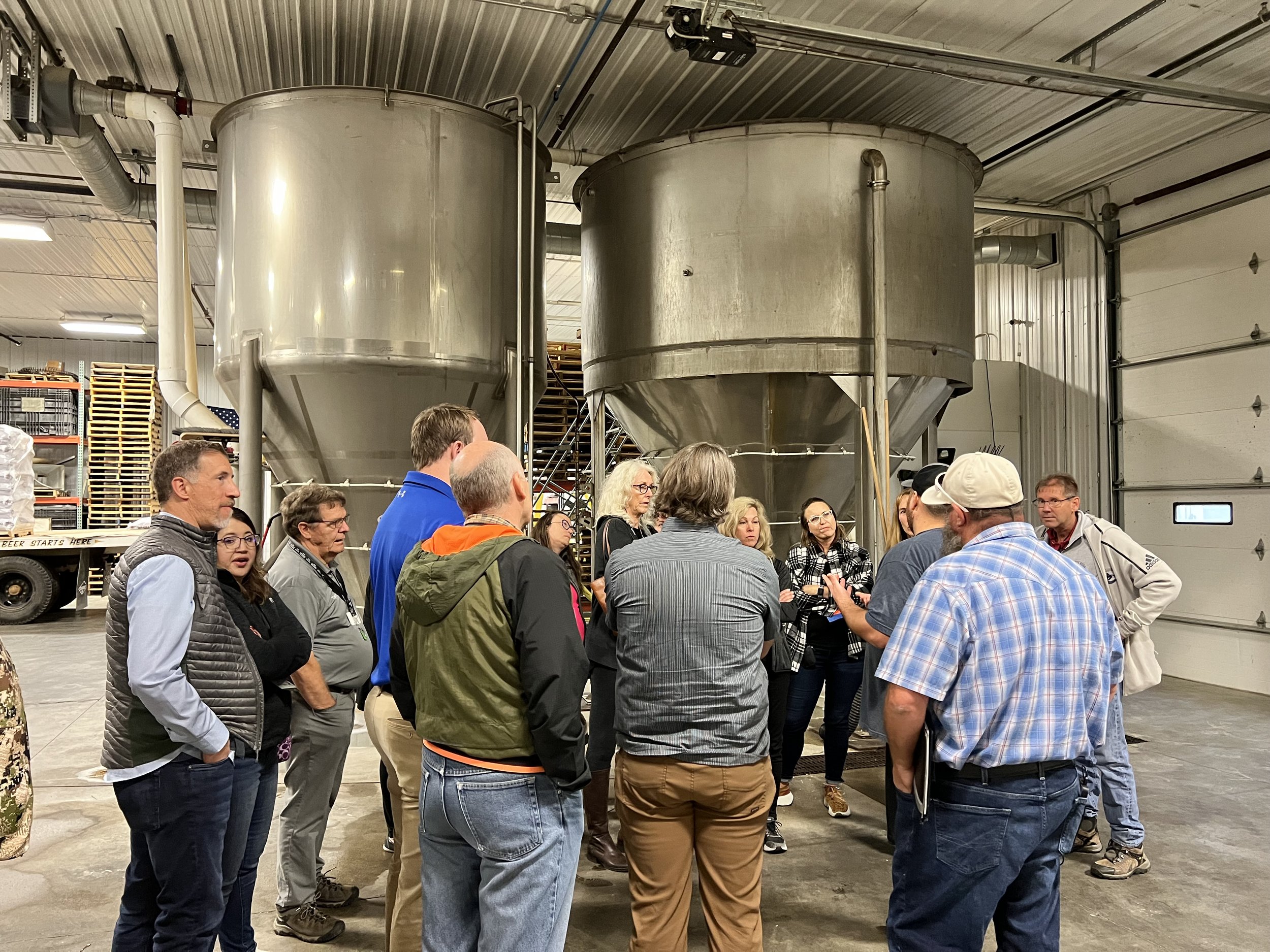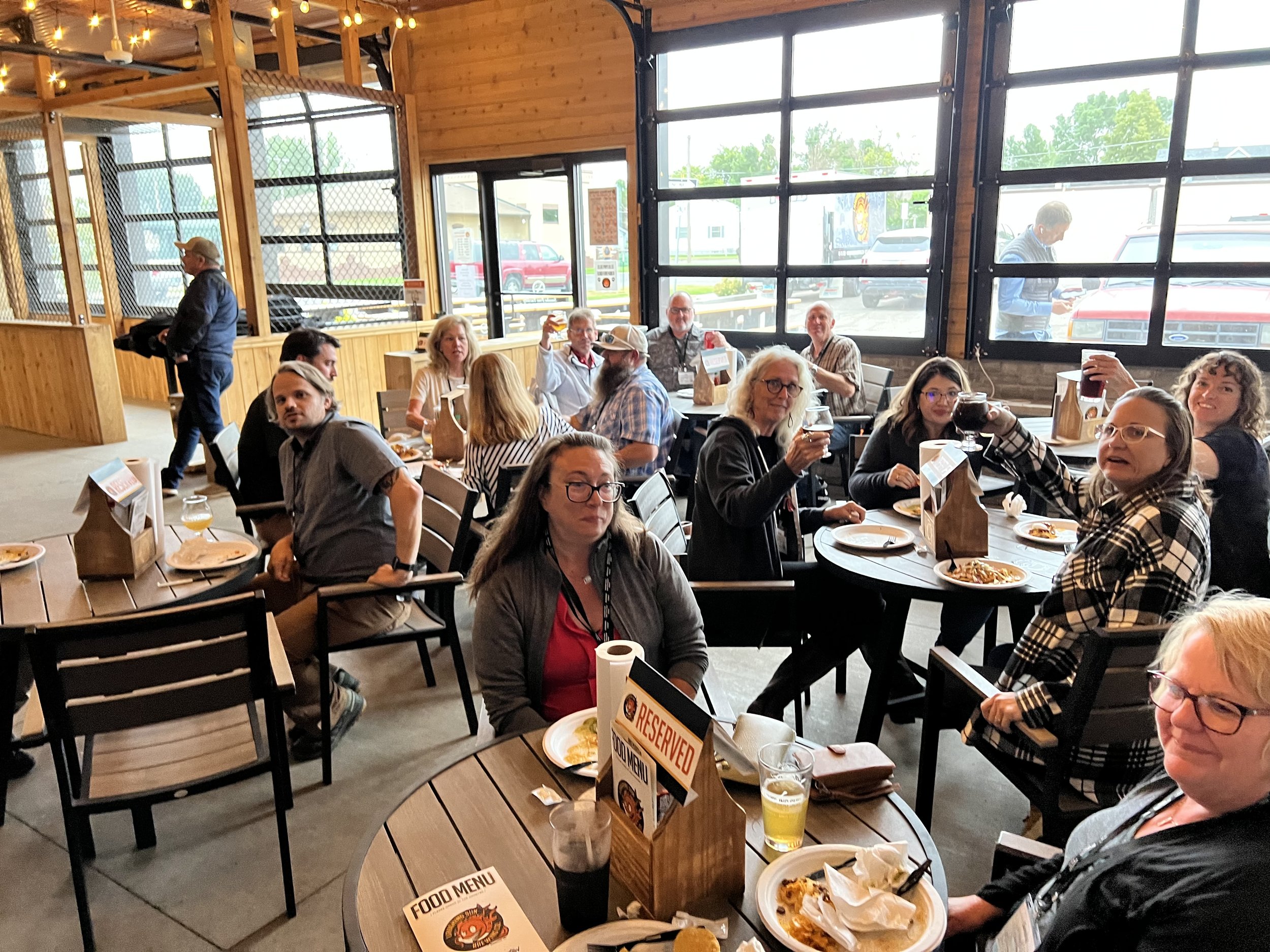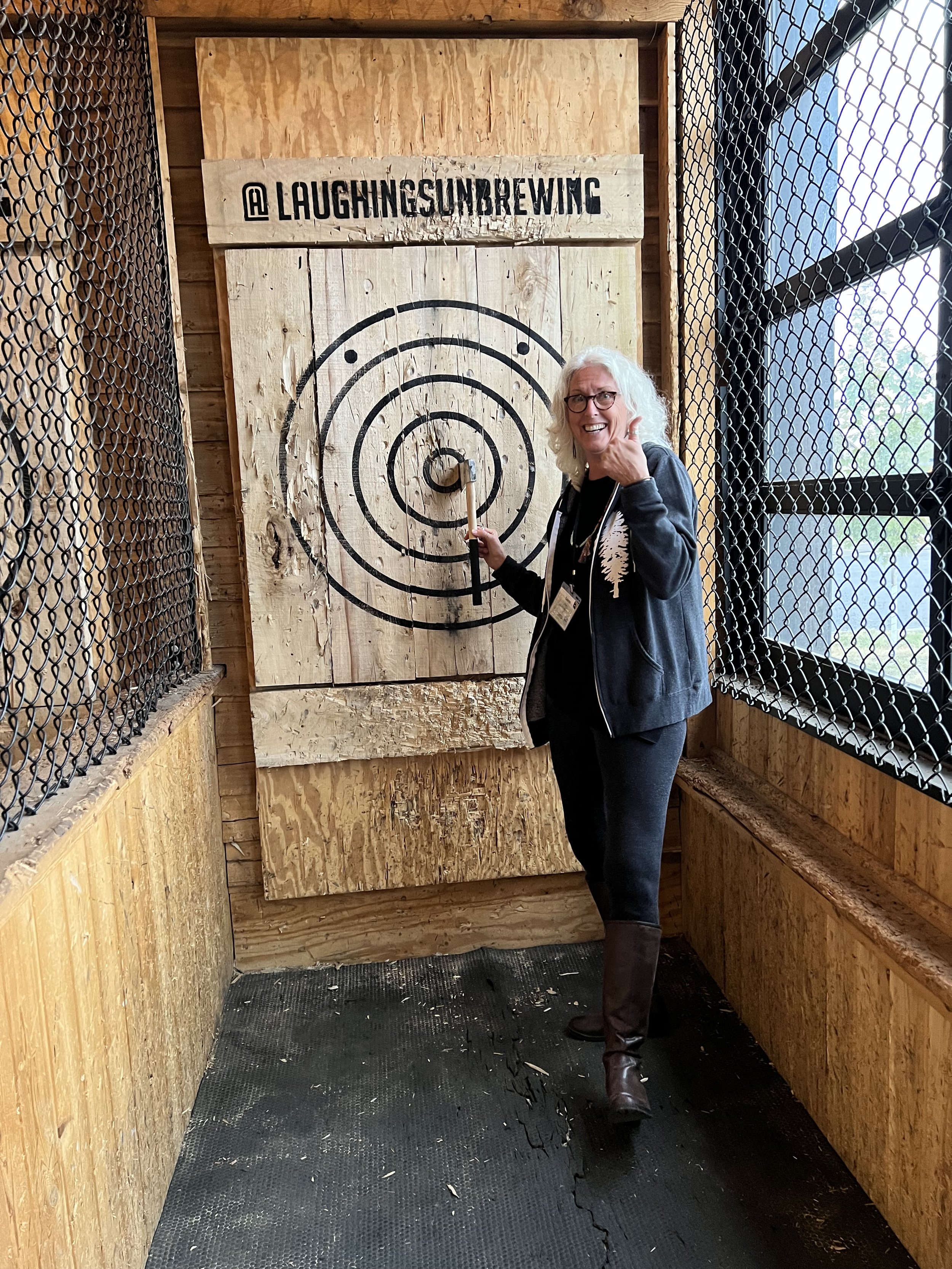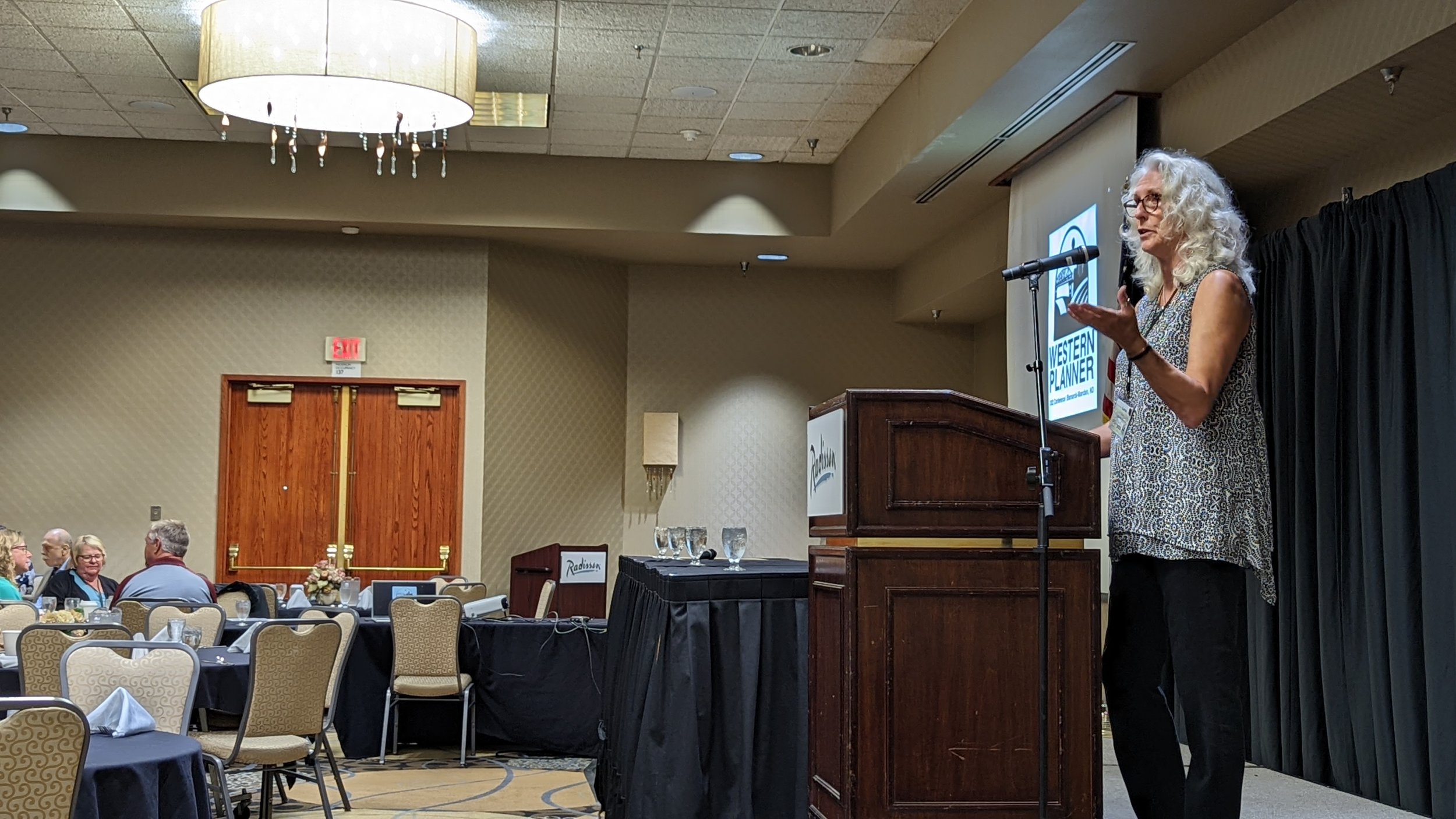2022 Western Planner Conference - Recap: From Ag to Zoning and so much in-between
by Loras Rauch, AICP
The 2022 North Dakota Planning Association/Western Planner Conference had sessions covering a wide variety of interesting topics and mobile tours that were both educational as well as fun! This made it difficult to choose just which sessions and tours to attend but here are some highlights of just a few:
The session “Everything’s Up to Date in (add your city name)!” discussed recent trends that as planners we should be considering as we update our regulations (i.e. climate change and resiliency, mixed-use, remote work and home occupations). To meet the challenges and opportunities arising from climate change and the desire to make our communities resilient we should be looking at how we regulate and design stormwater, landscape, parking ratios and subdivision layouts; as the answer is interconnected rather than siloed to our respective professional fields or codes. Making mixed-use actually work for your community may require rethinking your communities zoning & design standards and by-right uses. The opportunities created by the “remote work” movement and the desire for new local entrepreneurial ventures should have all of us re-evaluating and updating our definitions and defining the impacts rather than the uses.
The session on “Creating a Common Language with Fiscal Sustainability” further asked us to think about the infrastructure standards our communities use and often require developers to install (i.e roadway cross sections, amount of right-of-way) and the fiscal impact on the community to maintain in perpetuity. How much is your city/town willing, as well as able, to pay for and what is a sustainable service level? As budgets tighten will your city/town have the money required to cover the basic services and quality of life expectations and still be affordable under your standards?
There was a session on “Innovative New Approaches in Cemetery Planning” which also discussed the need for a perpetual funding mechanism for the continued maintenance after all of the “real estate” is sold. In answer to this funding issue, the new approach is to make these spaces multifunctional (i.e wedding venues, book club meetings, concert venues). The trend is for these spaces to be designed with at-grade grave markers as naturalistic areas with landscaping, pollinator gardens and gathering areas. With cremations quickly becoming more popular adding hardscape plazas with spaces for columbarium use, seating walls, and technology improvements to allow digital streaming for remote attendance of events adds to the overall multifunctionality.
There was a session on “Building Communities for the Sake of Mental Health which was an interesting and enlightening equity session. We all have “mental issues” it’s just where we all are at on the spectrum that makes us different! Short-term strategies were discussed but in the long-term amending our local Zoning/Land Use codes to encourage great 3rd places, accessible green spaces, and require community health assessments of projects is what is needed.
The “Value-Added AG Mobile Tour” was really interesting as well as tasty and fun! We got a great biology refresher on soil health & the symbiotic relationship of plants; learned about a proprietary barley seed/product, the malting process, and the ingredients that go into making craft beer; saw how honey is processed from hive to bottle. The tour took us to the Menoken Farm, Two Track Malting Company and a local beekeeper & honey processor! The tour ended at Laughing Sun Brewery (an end user of the Two Track Malting product) were craft beer, food, and axe throwing was enjoyed by all!
About the Author
Loras Rauch, AICP is the president of Contract Planning Services and the President-elect of Western Planner Resources. Her firm specializes in land development codes & zoning ordinance development, urban design standards, current planning processes, public outreach & involvement, and form based codes. She has also been actively supportive of the Tribal and Indigenous Planning Division of the APA and enjoys her work with Tribal communities.

